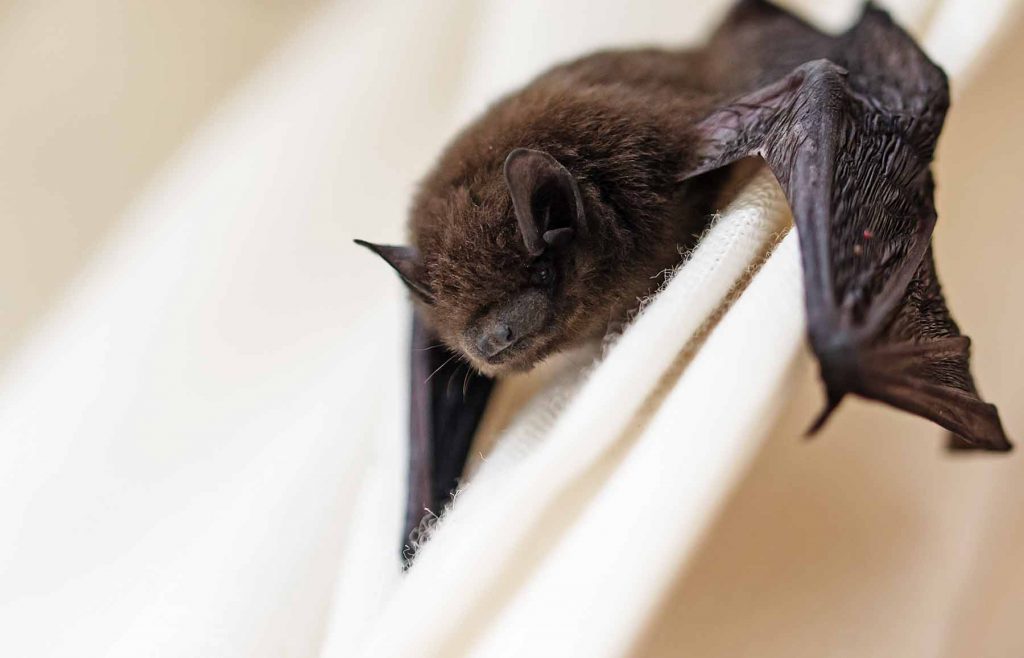Bat guano, the excrement of bats, may seem harmless, but it poses significant health risks to humans. One of the most concerning dangers associated with bat guano is histoplasmosis, a serious respiratory disease caused by the fungus Histoplasma capsulatum. This fungus can be found in large quantities in bat droppings and becomes airborne when disturbed, such as during cleaning or remodeling activities. When inhaled, the spores can cause flu-like symptoms, including fever, cough, and chest pain. In severe cases, histoplasmosis can lead to chronic lung disease or even death. Additionally, bat guano can contain other harmful pathogens such as bacteria and parasites that can cause diseases like salmonellosis and cryptococcosis. Therefore, it is crucial to take proper precautions when dealing with bat guano to protect one’s health.
Health Dangers Associated with Bat Guano
The Dark Side of Bat Guano
When we think of bats, we often imagine mysterious creatures flying through the night sky, but behind their fascinating nature lies a potential health hazard that many are unaware of – bat guano. While bat droppings may seem innocuous, they can pose significant risks to human health if not handled properly. In this article, we will explore the health risks associated with bat guano and shed light on why it demands our attention.
1. Histoplasmosis: The Silent Threat
Histoplasmosis, a lung infection caused by inhaling the spores of a fungus called Histoplasma capsulatum, is one of the most common health risks associated with bat guano. The fungus thrives in nitrogen-rich environments, such as bat roosts and their accumulated droppings. When these droppings are disturbed, microscopic spores become airborne and can be easily inhaled.
In areas with high concentrations of bat guano, such as caves or attics where bats have taken up residence, individuals who come into contact with the spores may develop histoplasmosis. Symptoms often resemble those of the flu, including fever, cough, chest pain, and fatigue. While mild cases may resolve without medical intervention, severe or chronic infections can be life-threatening, particularly for individuals with weakened immune systems.
2. Cryptococcosis: A Fungal Intruder
Another fungal infection that can be contracted from bat guano is cryptococcosis. This disease is caused by inhaling the spores of Cryptococcus neoformans or Cryptococcus gattii, which are commonly found in soil enriched with bird or bat droppings. Although rare, exposure to these spores can lead to severe respiratory and neurological symptoms.
Cryptococcosis primarily affects individuals with compromised immune systems, such as those with HIV/AIDS or organ transplant recipients. In some cases, the infection can spread to the central nervous system, causing meningitis. Prompt medical attention is crucial for effective treatment and preventing serious complications.
3. Guano-Associated Respiratory Diseases
Apart from histoplasmosis and cryptococcosis, bat guano can also contribute to various respiratory diseases. The accumulation of droppings in confined spaces, coupled with the high levels of ammonia present, can lead to respiratory irritation and exacerbate conditions such as asthma, bronchitis, and chronic obstructive pulmonary disease (COPD). Prolonged exposure to these conditions may result in long-term respiratory issues.
4. Rabies: A Grave Concern
While less common, it is essential to mention the risk of rabies associated with bats. Although not directly linked to bat guano, it is often found in areas where bats reside. Bats infected with the rabies virus can shed it in their saliva and feces. Accidental contact with infected guano or scratches and bites from bats can transmit the virus to humans.
Rabies is a deadly viral disease that affects the central nervous system. If left untreated, it is almost always fatal. Therefore, it is crucial to exercise caution and seek immediate medical attention if there is any possibility of exposure to bat guano or contact with bats.
Protecting Yourself and Others
Given the potential health risks associated with bat guano, it is vital to take preventive measures when dealing with bat infestations or guano removal. Professional wildlife control services should be contacted to safely and effectively handle these situations without risking exposure to harmful pathogens.
Remember, health risks are not limited to direct contact with bat guano but also extend to the inhalation of airborne spores. Protective gear, such as gloves, masks, and goggles, should be worn during cleanup or removal processes. Thoroughly disinfecting affected areas is also crucial to minimize the risk of disease transmission.
Conclusion
While bats are incredibly beneficial for our ecosystem, their guano presents potential health risks that should not be underestimated. Understanding the dangers associated with bat guano is the first step in safeguarding our health and well-being. By prioritizing professional assistance and taking necessary precautions, we can minimize the risks and ensure a safer environment for ourselves and the bats that share our world.
Contact For Wildlife Control Help
If you are experiencing any issues with unwanted wildlife on your property, Triangle Wildlife Removal is here to help. Our team of experienced professionals is dedicated to providing efficient and humane animal removal services. We understand the importance of promptly addressing these situations to ensure the safety and well-being of both you and the animals involved. Don’t hesitate to give us a call at (919) 661-0722 if you require our assistance. We are available to serve you and resolve any wildlife-related problems you may be facing.
